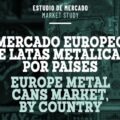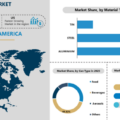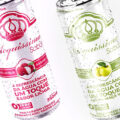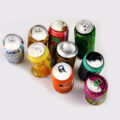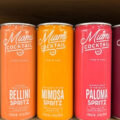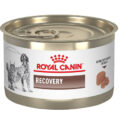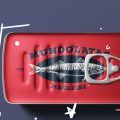The European canned food sector is entering a new phase of expansion, with a market estimated to grow from $8.73 billion in 2024 to $10.82 billion by 2033, according to a recent report by Research and Markets. This growth represents a compound annual growth rate (CAGR) of 2.44% during the forecast period.
This boom is due to several key trends. First, the increasing demand for convenient and long-lasting food products drives the consumption of canned packaging, which ensures safety and freshness. In addition, the accelerated pace of urban life motivates the preference for ready-to-eat foods, favoring practical and quick solutions.
Likewise, advances in sustainable materials technologies and European legislation in favor of recyclable and bisphenol A (BPA)-free packaging contribute significantly to market growth. Aluminum cans, which accounted for 42.7% of the market in 2024, stand out for being lightweight, resistant, and offering excellent barrier properties against factors that deteriorate food, such as light and humidity.
Environmental awareness also plays a fundamental role, as aluminum is a highly recyclable material, aligning with the growing demand for eco-friendly and environmentally responsible packaging.
In summary, the European canned food market not only expands in economic terms, but also evolves towards more sustainable options adapted to new lifestyles, consolidating itself as a key sector within the packaging industry.


